Composer Justus Rümenapp speaks to The Strad about how the cello plays a significant role in his work, evident in his latest single for cello and piano, Longing

Discover more Featured Stories like this in The Strad Playing Hub
Why did you choose the cello for your work Longing? What does the sound of the cello represent here?
The cello, along with the piano, is my absolute favourite instrument. It has a powerful yet sensitive sound that is particularly rewarding to work with.
With Longing, I wanted to compose a duet that showcases a close interplay between cello and piano. Each instrument has its own, completely independent melody, and yet it sounds like a strong togetherness. The instruments complement each other and act like equal partners in this piece, instead of being a more traditional cello piece with piano accompaniment. It is like a familiar conversation between two people who understand each other without words.
Do you have any particular stylistic influences?
I cannot pinpoint a direct musical influence. Developing as an artist has allowed me to be inspired by new artists and styles, which blend with my musical past. I keep an open mind so my influences are constantly evolving.
That being said, my classical training certainly plays a significant role in my music, along with influences from other artists such as Rachel Portman, Alexis Ffrench, and George Winston.
You’ve said you struggled with traditional notation as a child. How do you convey your ideas to the cellist, Dobrawa Czocher?
It’s true that I used to play a lot by ear and had difficulties with reading music. However, I believe that this has greatly helped me become creative and compose, as playing by ear gave me a good sense of how intervals relate to each other and how melodies work.
Having a good ear serves a purpose for musicians that goes beyond intonation. It plays a significant role in the creative process, from the conception of the idea all the way through to the final performance.
What did you like about Dobrawa’s cello sound?
When I heard the first takes of Dobrawa’s recording of Longing, I was totally thrilled. She managed to give the piece its own unique, intimate character through her sensitive playing, taking the audience on a musical journey.
Dobrawa’s cello sound has a very soft vibrato and a very warm tone. Additionally, her playing features an incredibly beautiful rubato, which lends the music exceptional depth and emotionality. She seems to almost float over the notes,and maintains control in both the higher and lower ranges.
What does the cello mean to you as a composer?
The cello has a wonderfully strong yet very emotional and delicate sound. Since I love to utilise the full dynamic range of the piano, I cherish these qualities in the cello. I find the cello’s sound perfectly complements the piano. When you listen to the other tracks from my current album, you quickly realise that this instrument plays a significant role in many of my compositions.
As a pianist, is there anything that you have learnt from working with string players, both musically and in general?
I used to play many classical duos with my sister. She is an excellent violinist, and we successfully participated in several competitions together. I believe this period was important for me to learn how to compose for both instruments. These experiences have profoundly shaped my musical development and my understanding of harmony and interplay. It also helped me appreciate and creatively use the different tonal and technical possibilities of the instruments.
Longing is available as a single now on all streaming platforms. The work will feature on Justus Rümenapp’s upcoming album Out of Babelsberg, due for release on 6 September 2024.
Read: Cellist Dobrawa Czocher: ‘Spirituality is a base for my artistic development’
Read: Lembit Beecher on his cello concerto for Karen Ouzounian
Read more Featured Stories like this in The Strad Playing Hub
The number one source for playing and teaching books, guides, CDs, calendars and back issues of the magazine.
In The Best of Technique you’ll discover the top playing tips of the world’s leading string players and teachers. It’s packed full of exercises for students, plus examples from the standard repertoire to show you how to integrate the technique into your playing.
The Strad’s Masterclass series brings together the finest string players with some of the greatest string works ever written. Always one of our most popular sections, Masterclass has been an invaluable aid to aspiring soloists, chamber musicians and string teachers since the 1990s.
American collector David L. Fulton amassed one of the 20th century’s finest collections of stringed instruments. This year’s calendar pays tribute to some of these priceless treasures, including Yehudi Menuhin’s celebrated ‘Lord Wilton’ Guarneri, the Carlo Bergonzi once played by Fritz Kreisler, and four instruments by Antonio Stradivari.

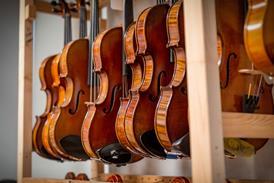
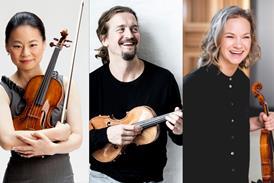
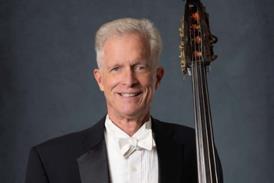
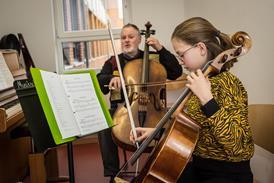

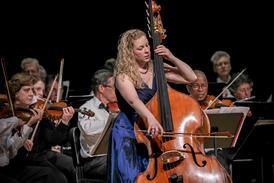

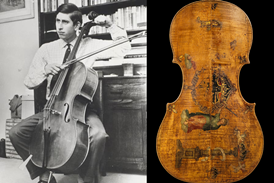

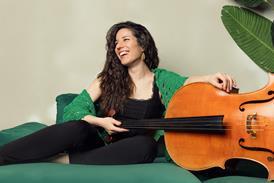
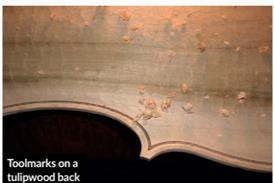
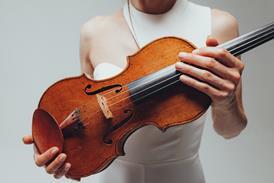
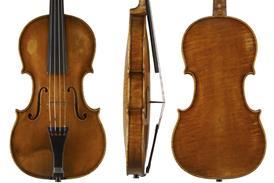























No comments yet